Prioritizing Health for Aspiring First Responders: Fitness and Nutrition Essentials
/Stepping into the world of first responders is an incredible journey that demands not just courage and dedication but a commitment to maintaining your physical well-being. Here’s a comprehensive look at why prioritizing health is key for those aiming to become a part of this impactful community.
Running shoes, weights and bowl of healthy fruits and VEGETABLES
Fitness Foundations: The Backbone of Readiness
Physical fitness encompasses various aspects crucial for a first responder's preparedness. It includes:
Cardiovascular Health
Cardio exercises are vital for maintaining a healthy heart and improving endurance. Consider activities such as:
Running or jogging:
Excellent for building stamina and cardiovascular endurance.
Cycling:
Both outdoor biking and stationary cycling are effective for heart health.
Swimming:
Provides a full-body workout while being gentle on joints.
High-intensity interval training (HIIT):
Alternating between bursts of high-intensity exercise and rest periods for cardiovascular fitness.
Strength Training:
Building strength is essential for handling the physical demands of the job. Activities for strength training include:
Weightlifting:
Involves lifting weights to build muscle strength and endurance.
Bodyweight exercises:
Push-ups, pull-ups, squats, and planks are effective without the need for equipment.
Resistance band workouts:
Use bands to add resistance to exercises and strengthen muscles.
Functional training:
Mimicking movements needed in your role as a first responder, such as carrying equipment or lifting patients.
Fueling Success: The Power of Nutrition
Challenges of On-the-Go Nutrition
The unpredictable nature of a first responder's work schedule often poses challenges for regular, balanced meals. Long shifts and urgent calls may limit access to healthy food options, making it difficult to maintain proper nutrition. This emphasizes the importance of planning and preparation to ensure adequate fuel during demanding work hours.
Meal Prepping for Success:
Meal prepping becomes a valuable strategy for first responders. Setting aside time to prepare and pack balanced meals in advance ensures access to nutritious food during hectic schedules. Opt for meals rich in:
Lean proteins (chicken, fish, tofu)
Complex carbohydrates (whole grains, fruits, vegetables)
Healthy fats (avocado, nuts, seeds)
Eating Right for Endurance:
Proper nutrition is the cornerstone of sustained energy. Consuming balanced meals before shifts and carrying nutrient-dense snacks can help maintain energy levels. Emphasize foods that release energy steadily, avoiding rapid sugar crashes. Incorporating small, frequent meals rich in fiber, protein, and healthy fats supports lasting energy.
Managing Caffeine Intake:
Caffeine can be a go-to for a quick energy boost, but reliance on energy drinks or excessive coffee consumption may lead to dependency and energy crashes. Exploring alternative sources like caffeinated teas—such as matcha or Yerba mate—can provide sustained energy without the abrupt spikes and crashes associated with energy drinks.
Balancing Nutrition and Work:
Adopting a mindful approach to nutrition amidst a demanding schedule is crucial. Prioritizing meal prepping and choosing nutrient-dense options ensure a consistent intake of essential nutrients, supporting sustained energy and optimal performance during long shifts.
Conclusion
Aspiring first responders must recognize that prioritizing health isn’t just a personal commitment—it's a commitment to the community they serve. By nurturing their physical fitness and prioritizing balanced nutrition, individuals prepare themselves not just for the physical demands but also for the mental resilience necessary in their crucial roles.
In embracing a comprehensive approach to health, aspiring first responders are better equipped to serve their communities effectively, ensuring they can respond with strength, agility, and unwavering dedication.



